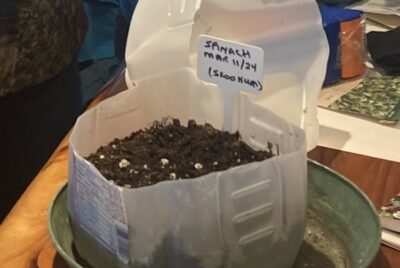RESEARCH
The Benefits of Therapeutic Horticulture for Vulnerable Groups
Summary
This research paper explores how gardening and horticulture can help vulnerable adults who experience social exclusion, such as those with learning difficulties, mental health problems, physical disabilities, and long-term unemployment. The study looks at projects across the UK where these individuals participate in activities like growing plants, making crafts, and even doing contract gardening work. While it’s commonly known that gardening is relaxing for most people, this paper focuses on the specific therapeutic benefits for these vulnerable groups, which are not as widely recognized.
The researchers highlight that these social and therapeutic horticulture (STH) projects provide valuable social and therapeutic benefits, helping participants feel more empowered, valued, and like their contributions matter.
The findings of this study show that participating in these gardening projects offers significant social opportunities for clients, allowing them to expand their social circles and form new friendships. Beyond social connections, clients also benefit from education and training, the chance to sell produce, and the satisfaction of eating what they’ve grown, which improves their overall health and well-being. Furthermore, the projects provide a space for self-reflection, relaxation, and connection with nature, ultimately boosting self-confidence, independence, and both physical and mental health. The research suggests that making health and social care professionals more aware of these benefits and creating clearer guidelines for referring clients to STH projects could be beneficial.







